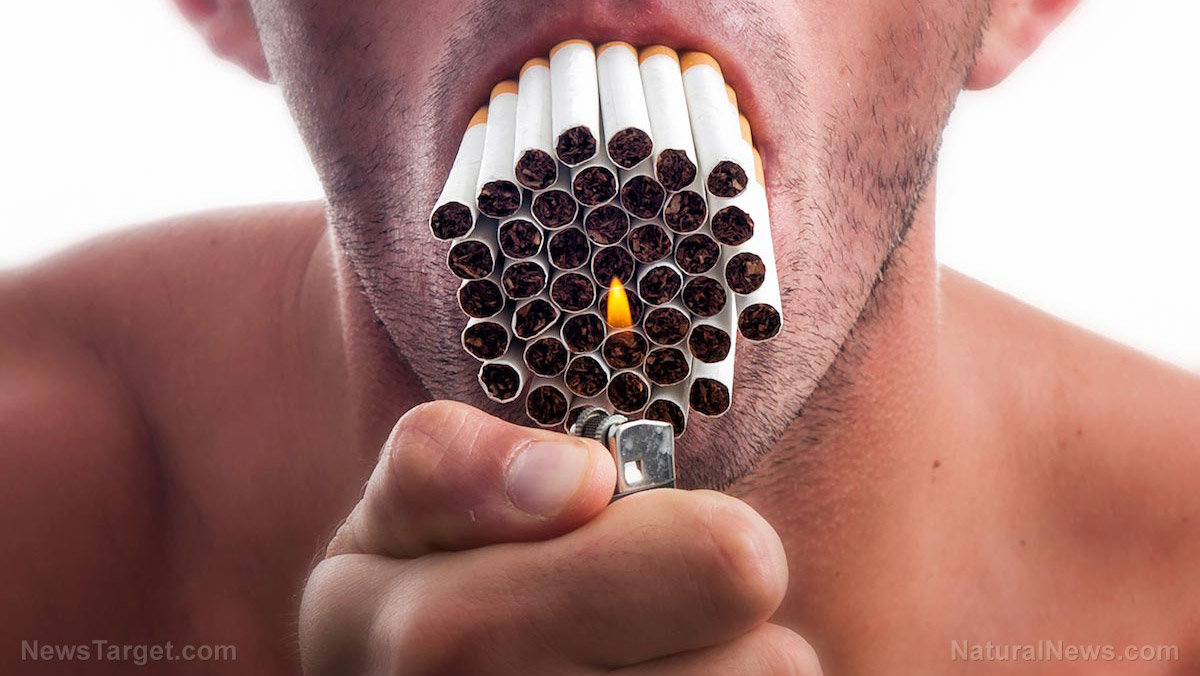
Perhaps this type of messaging explains why the consumption of energy drinks has increased dramatically in recent years, particularly among teens and young adults.
What many young people in pursuit of a healthier lifestyle might not realize, however, is that energy drinks are anything but good for you.
And now a study conducted by researchers at the University of the Pacific, published in the Journal of the American Heart Association, warns that drinking just two large energy drinks within an hour can dangerously increase blood pressure, affecting heart rhythm and potentially causing an abnormal heart rate which can cause sudden cardiac death. (Related: Energy drinks have a far more drastic effect on heart health than many are aware -- Just two drinks a day can make your blood pressure soar.)
Increased risk of sudden cardiac death
Cardiac arrythmia and sudden cardiac death (SCD) are far from uncommon. In fact, the journal Arrythmia & Electrophysiology Review notes that they account for between 15 and 20 percent of all deaths.
With this in mind, the University of the Pacific research team set out to determine the link, if any, between energy drink consumption and heart problems.
The new study … involved 34 healthy people aged between 18 and 40.
They were randomly assigned to drink 900ml from one of two commercially available caffeinated energy drinks or a placebo on three separate days.
The drinks were consumed within a 60-minute period - but no faster than one 450ml bottle in half an hour.
Both energy drinks tested contained between 304 and 320mg of caffeine per 32 fl oz, or 900ml.
The research team measured the electrical activity of participants’ hearts using an electrocardiogram – which records the way in which the heart beats over a period time – at the start of the experiment, and then every 30 minutes for four hours. They also carefully measured and recorded their blood pressure readings.
The Sun reported:
They found the heart rhythm of participants who had consumed either type of energy drink had been affected in some way.
Researchers used a measurement known as the QT interval, which records the time it takes ventricles in the heart to prepare to generate a beat again.
If this time interval is either too short or too long, it can cause the heart to beat abnormally, which can be life-threatening, the experts warned.
Their results showed that the participants' QT interval was 6 milliseconds or 7.7 milliseconds higher at 4 hours compared to placebo drinkers.
Interestingly, although energy drinks have a very high caffeine content, the researchers determined that caffeine was not the cause of the problem.
Lead researcher, Dr. Sachin A. Sha, noted that it is now urgent that researchers conduct more studies to try to determine which of the other ingredients in energy drinks – which include B vitamins, taurine and glucuronolactone – might be responsible for the results observed in the study.
In the meantime, Professor Shah warns that the public should be made aware of the potential impact of energy drinks on the body. This is especially important for people who have underlying heart conditions or other health problems. (Related: Energy drinks can cause heart disorders and trigger diabetes symptoms.)
Considering their high caffeine, sugar and chemical content, energy drinks are not recommended as part of a healthy diet anyway. There are other, more natural drinks that can provide an energy boost without the dangerous side effects, including coconut water, green tea and kombucha.
Learn more at Heart.news.
Sources include:
Please contact us for more information.






















